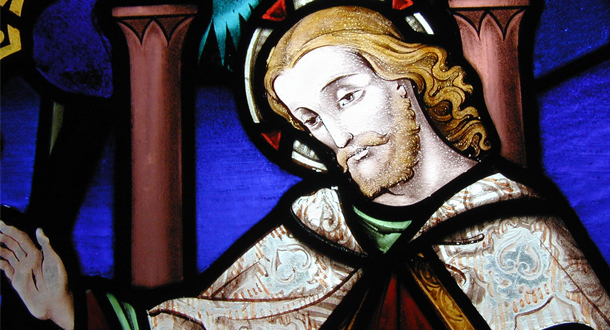 Scripture:
Scripture:
Wisdom 1:13-15; 2:23-24
2 Corinthians 8:7, 9, 13-15
Mark 5:21-43
Reflection:
As he grappled with an aggressive cancer, Cardinal Joseph Bernardin wrote a beautiful reflection on his experience entitled, The Gift of Peace. So deep was his faith that Cardinal Bernardin, despite being aware his life was ending, spoke of death as a “friend”—something he did not fear but could even embrace. Our Scriptures would surely endorse such strong trust in God but, at the same time, the Bible also views death not as a “friend” but as the enemy. Paul the Apostle called death “the last enemy.” And today’s first reading from the Book of Wisdom baldly asserts “God did not make death”; rather, death enters into the world because humans made a pact with evil and invited it in! God’s original and abiding intent is that the world and all life within it should thrive.
This biblical perspective that God is associated with abundant life, not death, is strongly proclaimed in the Gospel of Mark from which our gospel selection is taken today. Throughout Mark’s account, the focus is on Jesus’ power to heal, to defeat the threat of death, and to restore human life. The key to Mark’s portrayal of Jesus is found at the very beginning of his Gospel when at his baptism in the Jordan, Jesus is infused with the Spirit of God—the ultimate source of all life—and the Father declares Jesus as his “beloved Son.” Filled with that divine Spirit, Jesus plunges into his mission of healing and overcoming death with life. Mark portrays the first day of Jesus’ ministry in the village of Capernaum as non-stop healing, with the crowds bringing their sick to Jesus.
The gospel selection for today recounts two more such healings. A woman afflicted with hemorrhages for twelve years touches Jesus’ cloak as he moves through the crowd and she experiences his healing power surge through her. The second story is equally compelling. Jairus, a synagogue official, had approached Jesus, pleading with him to come and heal his gravely ill daughter. While Jesus and the official are on their way, Jairus receives word that alas his daughter has died. But Jesus is undeterred. The mourners who crowd around the house of the dead child ridicule Jesus when he states she is “sleeping” not dead. But Jesus himself goes into the room where the young girl was, takes her by the hand, and says, “Little girl, I say to you, arise!” The story ends so beautifully—amid the commotion caused her healing, Jesus reminds her parents to give her something to eat!
Ancient medicine lacked the scientific knowledge and methods we have but they did have some wisdom about sickness and healing. One of the common words for illness in the first century world was “weakness”—the Greek term astheneia; their generic understanding of the cause of illness was a lack of vital force. Healing, on the other hand, involved a transfer of vital force or vitality from the healer to the one bereft of vitality. This notion of healing as a transfer of life from one who has abundant life to one who lacks it fits well with the Gospel’s understanding of Jesus’ mission. Jesus—filled with God’s own Spirit and, therefore, brimming with vital force, touches those who are ill and they are restored to new life. This is clearly the case in both the healing stories we hear this Sunday: power surges out from Jesus to the woman who touches him, and Jesus’ healing touch restores life to Jairus’ little daughter.
This alerts us to a fundamental dimension of the Christian mission to the world. We are called to be healers like Jesus who brings life to those who suffer. Understanding healing as a transfer of vital force can apply to a variety of situations: the skill of a physician or health care worker; the wisdom of a counselor or simply that of an understanding friend willing to listen to someone’s distress; the courage and tenacity of those who work for justice. All can be healers in the manner of Jesus.
Fr. Donald Senior, C.P. is the Chancellor, President Emeritus and Professor of New Testament at Catholic Theological Union. He lives at the Passionist residence in the Hyde Park neighborhood of Chicago.
[This reflection is adapted from the author’s “Perspectives on Scripture” that appears weekly in The Chicago Catholic, the archdiocesan newspaper.]

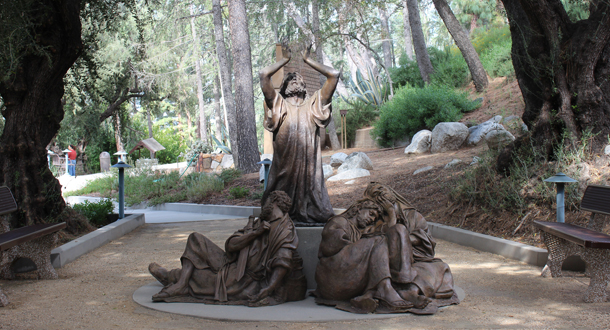 Scripture:
Scripture: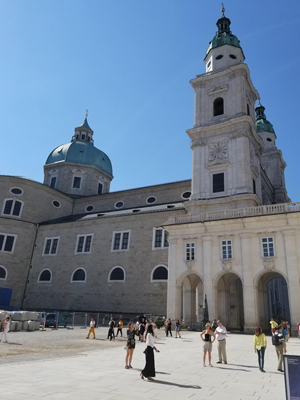
 Scripture:
Scripture: Scripture:
Scripture: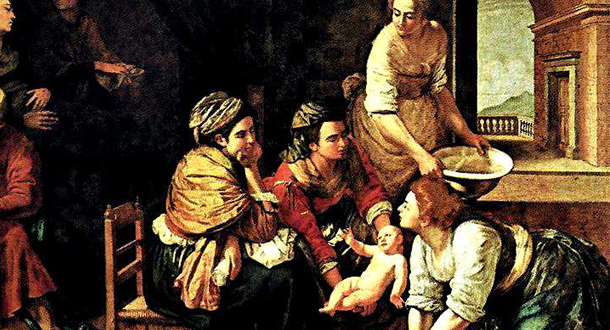
 Scripture:
Scripture: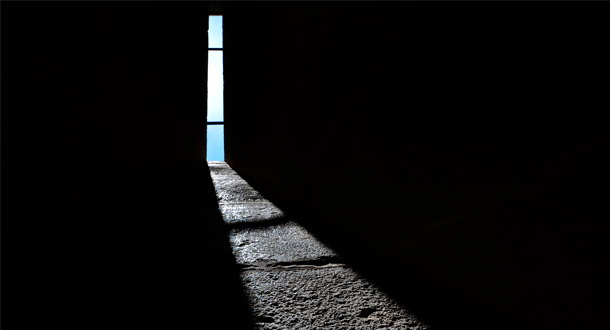 Scripture:
Scripture: